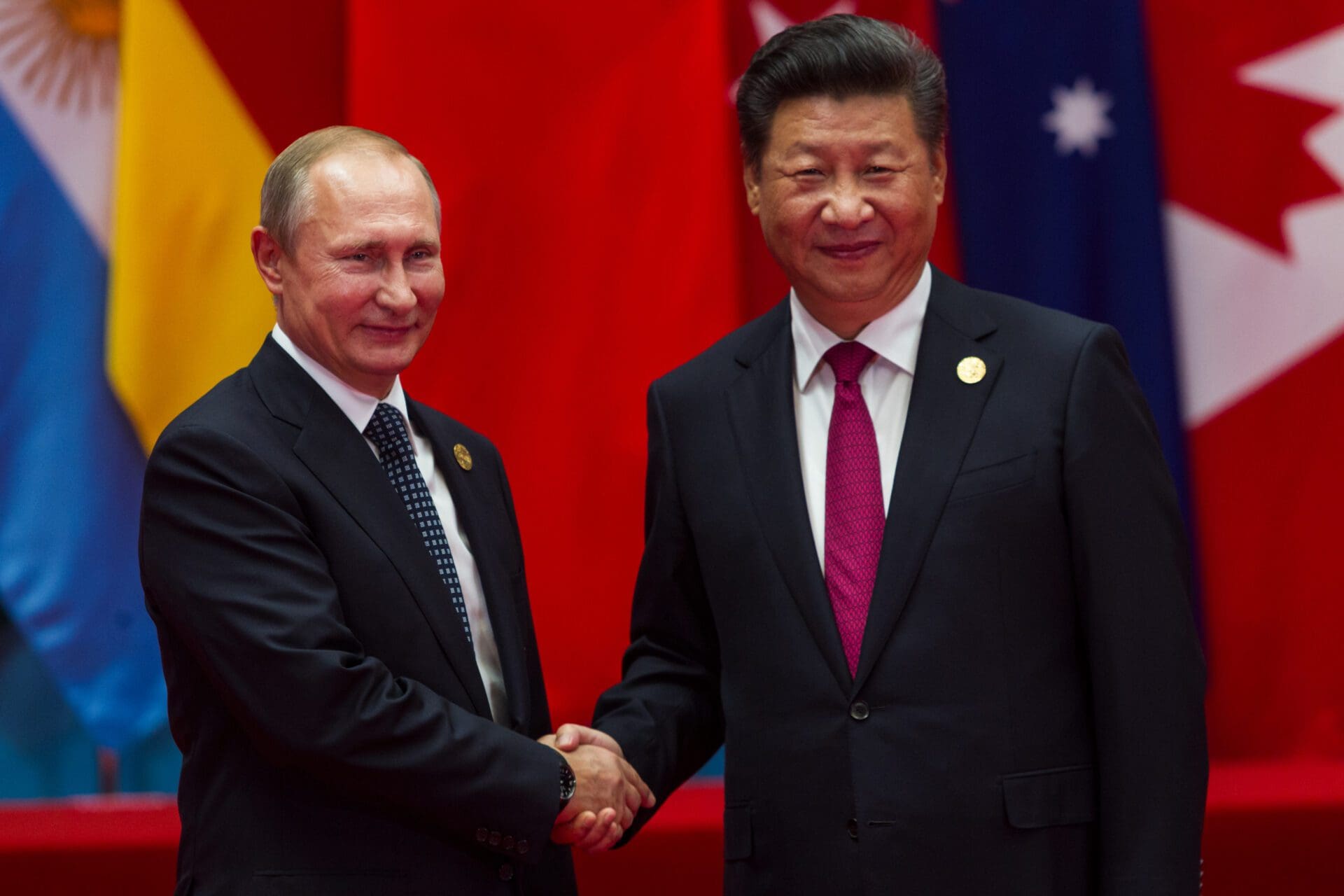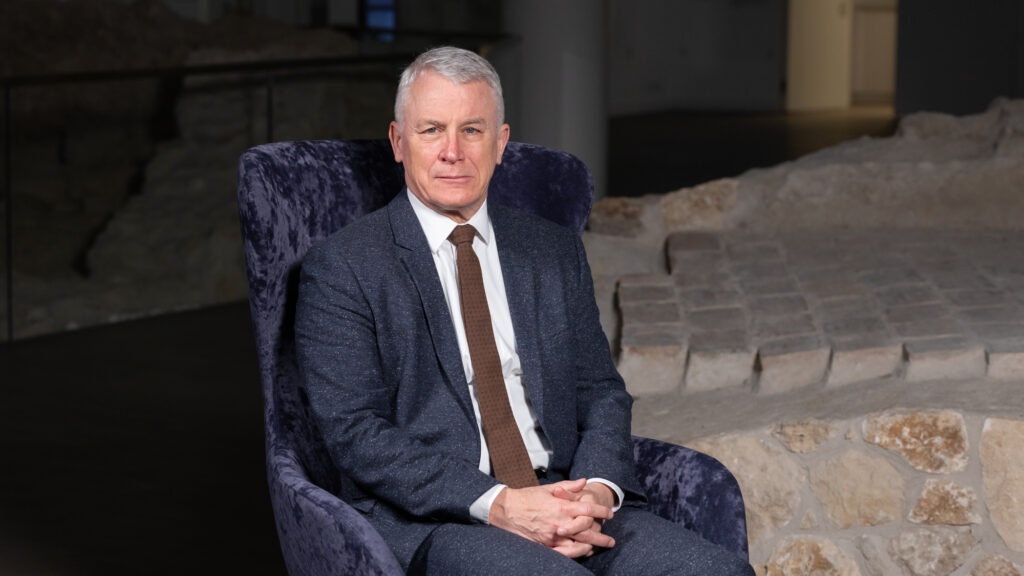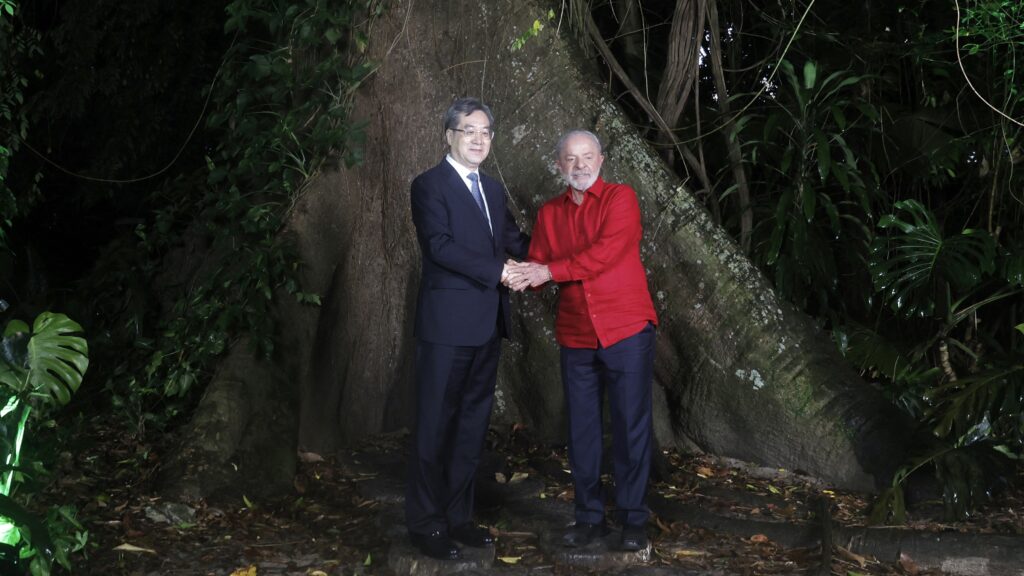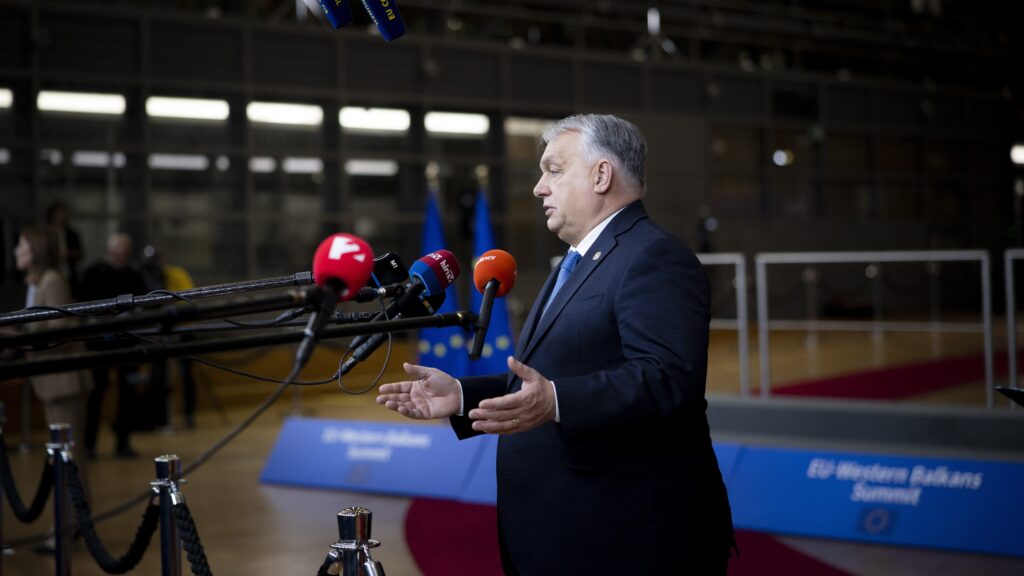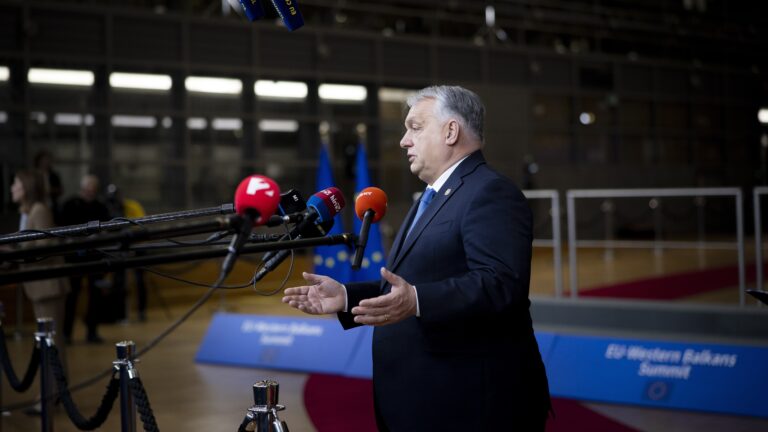The Shanghai Cooperation Organisation (SCO) Summit was held between 15 and 16 September in Samarkand, Uzbekistan. SCO is a Eurasian political, economic and security intergovernmental organisation, a successor to the Shanghai Five, and currently comprises China, Russia, India, Pakistan, Kazakhstan, Kirgizstan, Tajikistan and Uzbekistan. Afghanistan, Belarus, Iran, and Mongolia are observer countries, while the organisation has six ‘dialogue partners’: Armenia, Azerbaijan, Cambodia, Nepal, Sri Lanka and Turkey. Last year, the rapidly expanding SCO approved Iran’s application for accession, and on 16 September, Iran signed a Memorandum of Obligations to become a permanent member of the organisation.
The significance of the alliance is illustrated by the fact that it is the world’s largest regional organization, covering approximately 60 per cent of the area of Eurasia, 40 per cent of the world’s population, and more than 30 per cent of global GDP. As pro-government Hungarian daily Magyar Nemzet put it, the alliance is a ‘joint front of the US’s rivals.’ On the sidelines of the summit, Vladimir Putin met with the leaders of Iran, Pakistan as well as the premiers of the member Central Asian countries. The most important meeting, however, was held between the Russian president and Xi Jinping, the General Secretary of the Chinese Communist Party. The importance of the meeting can be demonstrated by the fact that it was the first visit Xi Jinping paid to a foreign country since the pandemic started two years ago. The previous meeting of the two leaders was in February this year, just before the Beijing Olympics, when Xi allegedly approved ‘the special operation’ against Ukraine.
China has not officially condemned the conflict in Ukraine and Beijing does not support the sanctions against Moscow. As a matter of fact, economic cooperation has intensified between the two countries since 24 February. Russian oil exports increased drastically both to China and to India since Europe started to cut ties with Moscow. With the sanctions on Russia and the tensions in Taiwan, the meeting in Samarkand took place when both Beijing’s and Moscow’s relationship with the West have reached historic lows. Having turned away from the West, the two global powers sought out each other to reassure their joint strategic goal—a multipolar world instead of a US-dominated one.
Putin highlighted that the two countries stand together against the United States’ ‘provocation’ in Taiwan
In Putin’s words, the meeting was about pursuing a ‘multipolar world order’: ‘The foreign policy of Moscow and Beijing plays a key role in ensuring global and regional stability. We jointly stand for the formation of a just, democratic and multipolar world order based on international law and the central role of the UN, and not on some rules that someone has come up with and is trying to impose on others, without even explaining what these rules really are’. Later on in his speech, Putin alluded to China’s concerns about the conflict in Ukraine but highlighted that the two countries stand together against the United States’ ‘provocation’ in Taiwan. Such rhetoric is unsurprising, given that the Shanghai Cooperation Organisation was created in 2001 as an alternative to Western multilateral groups. But today, considering the war in Ukraine, Putin’s words may have a new meaning.
While the Russian and Chinese leaders’ previous meeting was concluded on the note of ‘no limits’ on their friendship, now Putin had to admit Chinese concerns about the conflict in Ukraine. Nevertheless, as of now, close cooperation remains in the interest of both countries. China obviously hopes that the conflict in Ukraine and the sanctions will divide the Western world, and economically weaken Europe. Unlike in the Western news media, Chinese reports focus on Russian military successes, as well as on the dissatisfaction of the European population with the rising prices. Senior CCP officials have praised the resilience and stability of Russia despite being sanctioned by the Western world. As of now, it is in the strategic interest of both Russia and China to present themselves and act as friends.
Beijing and Moscow clearly need each other in their venture to create a ‘multipolar world’. Nevertheless, the two countries’ understanding of who the main actors in this ‘multipolar world’ will be may differ. While Russia understandably attributes itself a significant role in this future ‘new global order’, China does not seem to care as much about Russia itself as about the disunity the conflict in Ukraine may cause in the Western world.

